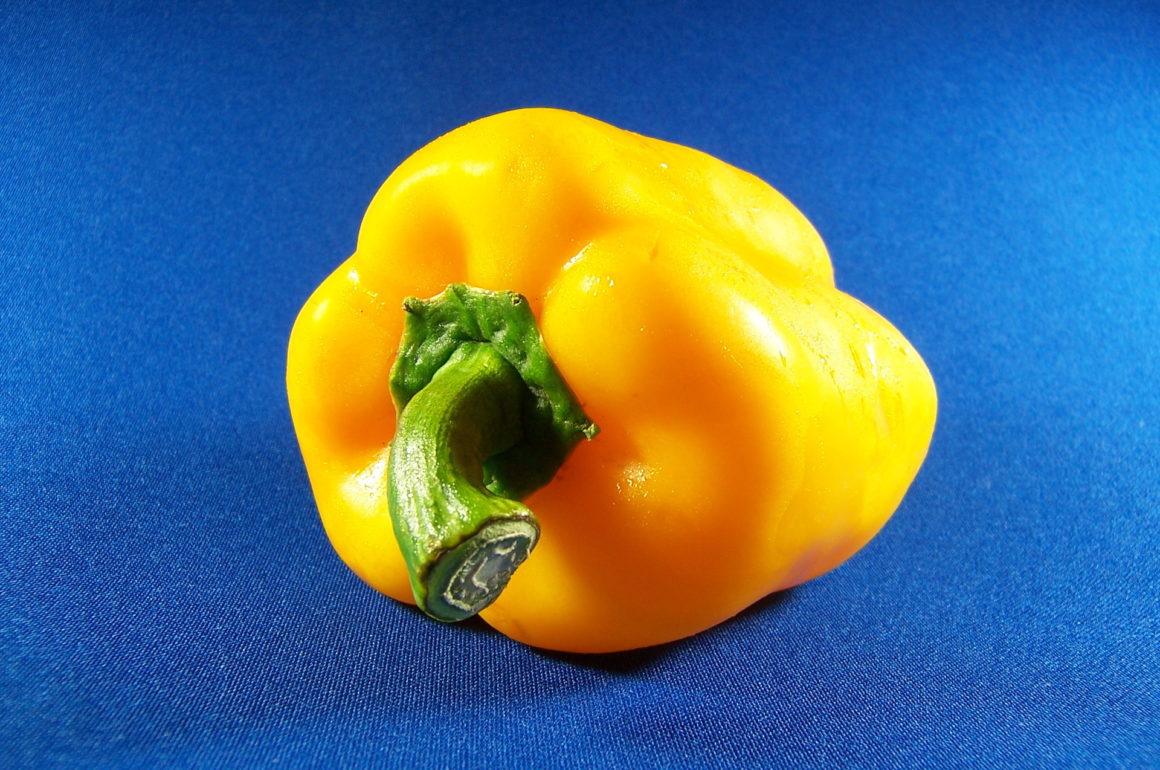Care and feeding of the good life

People are often surprised to find that the place to start when beginning a program of spiritual formation is with our bodies. When I sit down with someone to discuss the good life of loving God and the people in our world, these are some of the first questions I ask: how well are you sleeping? What kinds of foods make up your regular diet? How active are you during the day?
“Wait, I thought this was about spiritual formation?” is the inevitable next question. “What in the world does the Taco Bell I ate last night have to do with being like Jesus?”
The fact is, most of us in the modern West are confused about the relationship between the spiritual and the physical. There is much to be said on such a topic (far more than can be addressed in a short blog post), so for now, let’s ground our thoughts here with the Christian doctrine of the Incarnation. God so values the physical creation that he came to dwell among us. He put on the physical reality of a human body and lived with us, subject to the same earthly experience that all of us have as we live and breathe.
God’s answer to the problem of a world gone wrong was to enter into that world fully, becoming fully human, and submitting himself to all the physical limitations that all of us have. Jesus walked, talked, breathed, ate, slept, laughed, and cried, just as we do. And all these “physical” things are the domain of his kingdom. To further belabor the point, our future destiny is not a disembodied existence in heaven, but new bodies that live out a physical-and-spiritual existence in the new heavens and new earth. If this seems strange or new to you, read over the imagery in the book of Revelation again.
So what does any of this have to do with the here-and-now life? The reality for every one of us is that spiritual vitality is linked to physical vitality. God thought that rest was important enough to include Sabbath observance in the Decalogue (Exodus 20:8). Jesus demonstrated the link between the physical and spiritual by feeding thousands of would-be followers with only a handful of loaves and fish, nourishing them with both his teachings and real, actual food (Matthew 14-15). When the disciples could not remain awake to watch and pray with him in his hour of need, Jesus lamented, “The spirit is willing, but the flesh is weak” (Matthew 26:40-46).
We can see this pretty easily in our own experience. When we are hungry or tired, we are able to exercise less self-control, our moods dominate our thinking and our actions, and we treat each other less kindly. It requires strength of will to maintain the spiritual disciplines that nourish and sustain our relationship with God. Who has not struggled with prayer after a night of poor sleep?
This is not to excuse ourselves from poor behavior or lack of discipline. Rather, we take our physical limitations seriously and we treat our bodies as the finite gift of God that they are. Our strength and endurance are not limitless. We are only able to serve with the strength and vitality that we are given. We must be careful to think of our strength not as an external, fixed quantity, but rather like a fertile field awaiting the hand of the farmer. We are given a certain range of possible vitality and we are expected to care for, nurture, and cultivate that vitality to love and serve the little kingdom over which we have influence. Put another way, we care for our bodies as something entrusted to us for the good of the world.
Our bodies thrive when given rest at the proper times, when eating foods that nourish and restore us, and when we are engaged in sufficient physical activity to energize and multiply our vitality. Most of us know what our bodies need. But we fail to see the link between our physical and spiritual vitality. We simply cannot fulfill our vocation to love God and the people in our world if we neglect the physical reality of our bodies.
Disciples of Jesus cultivate their physical vitality as a spiritual discipline. It is not quite right to say that such a discipline is central or foundational, because it depends on other virtues and disciplines, such as prudence, temperance, daily submission of the will to God, and the constant exercise of prayer in order to sustain physical vitality. But it is deeply linked to these other disciplines and feeds and nurtures them. This is the reason I usually start a discussion of spiritual discipline with such physical practices. A little bit of work here will set you up for a cascade of successes as you tackle other disciplines such as morning devotions, fasting, and various forms of prayer.
So where to begin with the care and feeding of the good life? If you are unused to such disciplines, my counsel for these is the same as for most of the other spiritual disciplines: start small. Order your evenings to ensure that you get enough sleep. Start small even if there is a large gap between your current sleep schedule and what you know your body needs. Increasing your sleep even by 15 minute increments can make a big difference immediately, and on whose benefits you can build greater changes over time. The same goes for changes to diet and exercise: removing unhealthy foods and adding foods that are sorely lacking for a healthy diet should be done a little at a time, allowing the benefits and discipline to become a part of you over time. Add a single physical activity in small intervals: a short, 15 minute walk at lunch or 10 pushups before dinner. Small beginnings lead more easily and reliably to large changes as your habits take shape over time.
One last word on the subject of physical vitality. We live in an age when health fads blow in and out like hurricane winds. Pay little attention to latest findings, hot new diets, and the new “must-do” exercise routines. Most of these are little more than thinly veiled advertisements aimed more at your wallet than your health. Stick to common wisdom and check in with people you know who are already living a healthy life to make sure you are on the right track.
What’s your next step in cultivating your vitality?








Leave a Comment